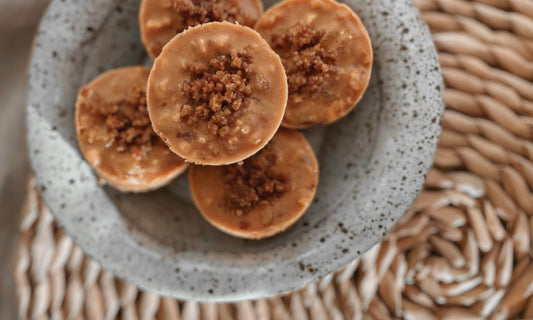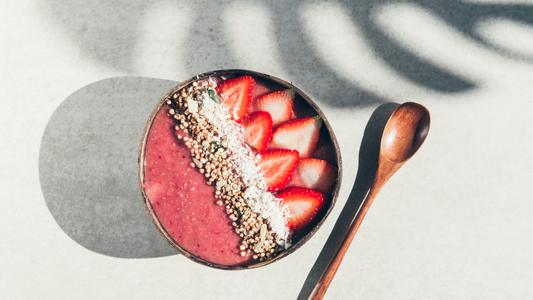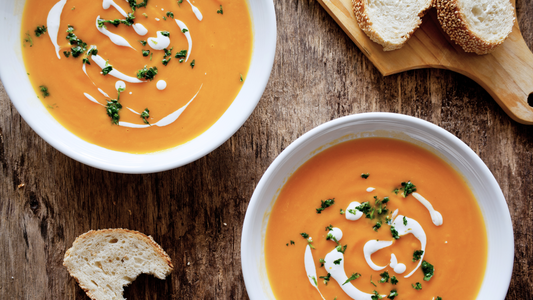Plastic pollution has become one of the most pressing environmental challenges of our time. As we strive for a cleaner, greener planet, initiatives like Plastic-Free July gain significance in raising awareness and encouraging individuals to make eco-conscious choices. At Husk and Honey, we wholeheartedly support this movement by offering a wide range of eco-friendly swaps that help reduce plastic waste and make a positive impact on our environment.
Understanding the Environmental Impact of Plastic:
Plastic waste poses a severe threat to our ecosystems and wildlife. It takes centuries to decompose, releasing harmful toxins into the environment throughout its lifespan. The production, consumption, and disposal of plastic contribute to deforestation, greenhouse gas emissions, and marine pollution. To address these issues, individuals and businesses need to take collective action and embrace sustainable alternatives... (I know sometimes your individual effort seems so small and almost pointless at times, but it really can contribute towards something bigger).
Here at Husk and Honey we offer an ever-evolving collection, a range that is constantly developing to better itself & stay inline with our conscious consumerism values. Within our ethos led shopping collections, we have 2 particular collections that focus heavily on sustainability & contain a range of eco-friendly alternatives, for everyday home and living items...
- Our Sustainable & Reclaimed collection contains a range of environmentally conscious products, that are perfect alternatives to many of the plastic filled products currently saturating the marketplace.
In this collection you will find sustainable swaps such as coconut bowls, wooden cutlery, and enamel bowl, plate & mug sets. These reusable swaps provide a sustainable and environmentally friendly alternative to disposable plastic items, allowing for convenient on-the-go swaps while reducing waste and promoting a more conscious approach to consumption.
This collection also consists of products that are part of the circular movement, being made from recycled and repurposed materials! Such as our range of Fika Hammocks made from recycled plastic bottles or our range of Velvet Heartbeat bags and wallets made from vegan leather alternatives such as cactus or apple leather (not plastic!).
- Our Natural Materials collection contains a whole bunch of home and living products, made from organic materials. We work hard to ensure that all Husk and Honey products are considered from the development of the product, right through to the disposal of the product at the end of its life (with all the environmental, social and cultural elements of a product being honoured).
In this collection you will find a range of products created using natural materials - like our popular Cashmere Blankets made from an intimate blend of cashmere, our favourite NZ made organic flannels, and our super sustainable woollen dryer balls - an excellent plastic-free July swap that you can continue to use for years to come.
Commit to a Plastic-Free Future:
Plastic-Free July serves as a reminder of our individual responsibility in reducing plastic waste. We find that using this month to implement a couple of environmentally friendly changes / swaps, is a good way to build habits we can then continue all year round. By choosing eco-friendly swaps, we can significantly decrease our environmental footprint. At Husk and Honey, we are committed to providing sustainable alternatives that align with our values of preserving nature and protecting our planet.
Let's choose reusable, recyclable, and biodegradable alternatives that preserve our planet's beauty for generations to come. Together, we can make a difference one small swap at a time.
To learn more about our commitment to the environment and explore our sustainable products, visit Husk and Honey's Environmental Impact Page.




